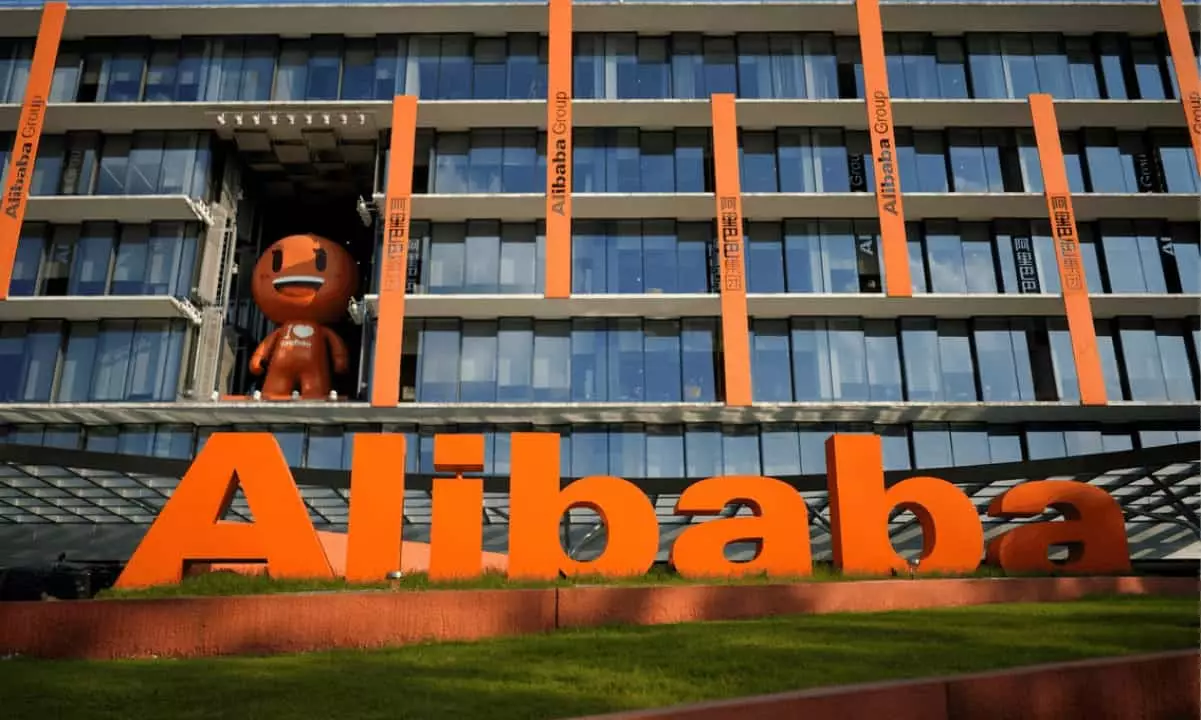In a significant strategic shift, Alibaba, China’s leading e-commerce giant, is scaling back its metaverse initiatives. This move follows a pattern observed among various prominent technology companies that have recently reevaluated their investments in the metaverse space. The decision has led to layoffs within Yuanjing, Alibaba’s dedicated metaverse division, a development reported by the South China Morning Post, which operates under Alibaba’s umbrella. The cutbacks have affected several personnel across major operational centers, notably in Shanghai and Hangzhou, where Yuanjing had once boasted a considerable workforce supported by substantial financial backing.
Despite the downsizing, Yuanjing is not shuttering its doors but instead recalibrating its focus towards customer-facing applications in the metaverse. This transition suggests that Alibaba recognizes the potential of the metaverse landscape, albeit with a more restrained approach. Yuanjing’s initiatives are set to pivot towards practical applications, such as augmented reality (AR) tools and services aimed at meeting consumer needs. Notably, Alibaba has made significant investments in AR technology, including a recent $60 million funding round for Nreal, a Chinese innovator in augmented reality glasses, which further emphasizes the company’s intention to remain relevant in the evolving tech arena.
The broader meta-narrative dissected in this situation reveals an industry-wide recognition that the metaverse has not yet achieved its full potential. Unlike optimistic forecasts heralded a few years ago, many tech firms, including competitors like Meta and Baidu, are redirecting their focus towards artificial intelligence (AI)—an area perceived to yield more immediate returns. With companies pivoting resources, the backdrop of Alibaba’s metaverse layoffs reflects a strategic necessity rather than a repudiation of the potential within the space.
Interestingly, data from Global Markets Insights counter the narrative of decline. The research indicates that the industrial metaverse market retains significant value, estimated at $22.4 billion for 2023, with an anticipated growth trajectory boasting a compound annual growth rate (CAGR) of 29.5% through 2032. This suggests that while tech giants may be pulling back on extensive metaverse investments for now, the sector still harbors growth potential, especially in specialized niches.
Alibaba’s decision to trim its workforce can be contextualized within a competitive landscape where the metaverse is continuously being redefined. Following the emergence of groundbreaking AI models such as OpenAI’s ChatGPT, the urgency to innovate in AI has surged, drawing budgets and attention away from virtual and augmented reality initiatives. This shift indicates a strategic crossroads for not only Alibaba but also other prominent tech firms navigating the complexities of evolving consumer expectations and technological innovations.
As this transition unfolds within Alibaba, one can speculate whether the restructuring will ultimately yield a more sustainable forward path for metaverse applications. By retaining a leaner, more focused approach on user-centric developments, Alibaba positions itself to potentially harness future opportunities within the metaverse framework, even while the broader industry recalibrates in the face of shifting priorities. Ultimately, while the allure of the metaverse may have dimmed, the pathway ahead remains rich with possibility, demanding adaptive strategies from industry leaders.

